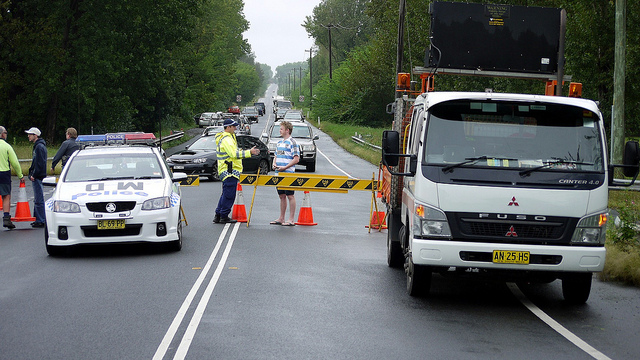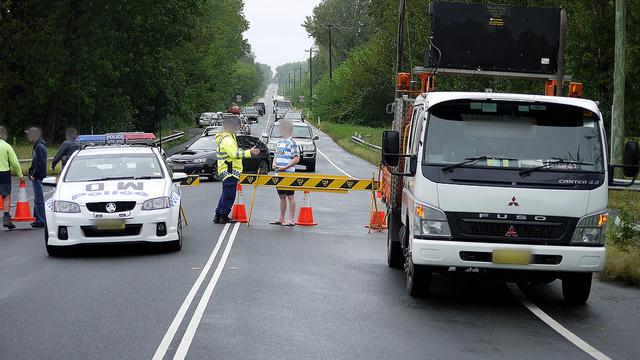To improve privacy and make it easier for companies to comply with GDPR, we at understand.ai decided to open-source our anonymization software and weights for a model trained on our in-house datasets for faces and license plates. The model is trained with the Tensorflow Object Detection API to make it easy for everyone to use these weights in their projects.
Our anonymizer is used for projects with some of Germany's largest car manufacturers and suppliers, but we are sure there are many more applications.
Please note that the version here is not identical to the anonymizer we use in customer projects. This model is an early version in terms of quality and speed. The code is written for easy-of-use instead of speed.
For this reason, no multiprocessing code or batched detection and blurring are used in this repository.
This version of our anonymizer is trained to detect faces and license plates in images recorded with sensors typically used in autonomous vehicles. It will not work on low-quality or grayscale images and will also not work on fish-eye or other extreme camera configurations.
To install the anonymizer just clone this repository, create a new python3.6 environment and install the dependencies.
The sequence of commands to do all this is
python -m venv ~/.virtualenvs/anonymizer
source ~/.virtualenvs/anonymizer/bin/activate
git clone https://github.com/understand-ai/anonymizer
cd anonymizer
pip install --upgrade pip
pip install -r requirements.txtTo make sure everything is working as intended run the test suite with the following command
pytestRunning the test cases can take several minutes and is dependent on your GPU (or CPU) and internet speed.
Some test cases download model weights and some perform inference to make sure everything works as intended.
In case you want to run the model on CPU, make sure that you install tensorflow instead of tensorflow-gpu listed
in the requirements.txt.
Since the weights will be downloaded automatically all that is needed to anonymize images is to run
PYTHONPATH=$PYTHONPATH:. python anonymizer/bin/anonymize.py --input /path/to/input_folder --image-output /path/to/output_folder --weights /path/to/store/weightsfrom the top folder of this repository. This will save both anonymized images and detection results as json-files to the output folder.
In case you do not want to save the detections to json, add the parameter no-write-detections.
Example:
PYTHONPATH=$PYTHONPATH:. python anonymizer/bin/anonymize.py --input /path/to/input_folder --image-output /path/to/output_folder --weights /path/to/store/weights --no-write-detectionsDetection threshold for faces and license plates can be passed as additional parameters. Both are floats in [0.001, 1.0]. Example:
PYTHONPATH=$PYTHONPATH:. python anonymizer/bin/anonymize.py --input /path/to/input_folder --image-output /path/to/output_folder --weights /path/to/store/weights --face-threshold=0.1 --plate-threshold=0.9By default only *.jpg and *.png files are anonymized. To for instance only anonymize jpgs and tiffs,
the parameter image-extensions can be used. Example:
PYTHONPATH=$PYTHONPATH:. python anonymizer/bin/anonymize.py --input /path/to/input_folder --image-output /path/to/output_folder --weights /path/to/store/weights --image-extensions=jpg,tiffThe parameters for the blurring can be changed as well. For this the parameter obfuscation-kernel is used.
It consists of three values: The size of the gaussian kernel used for blurring, it's standard deviation and the size
of another kernel that is used to make the transition between blurred and non-blurred regions smoother.
Example usage:
PYTHONPATH=$PYTHONPATH:. python anonymizer/bin/anonymize.py --input /path/to/input_folder --image-output /path/to/output_folder --weights /path/to/store/weights --obfuscation-kernel="65,3,19"An image for one of the test cases was taken from the COCO dataset.
The pictures in this README are under an Attribution 4.0 International license.
You can find the pictures here and here.



